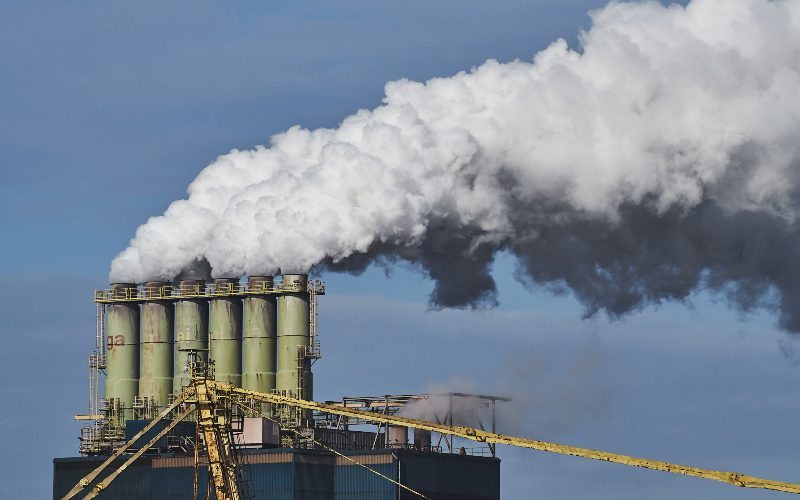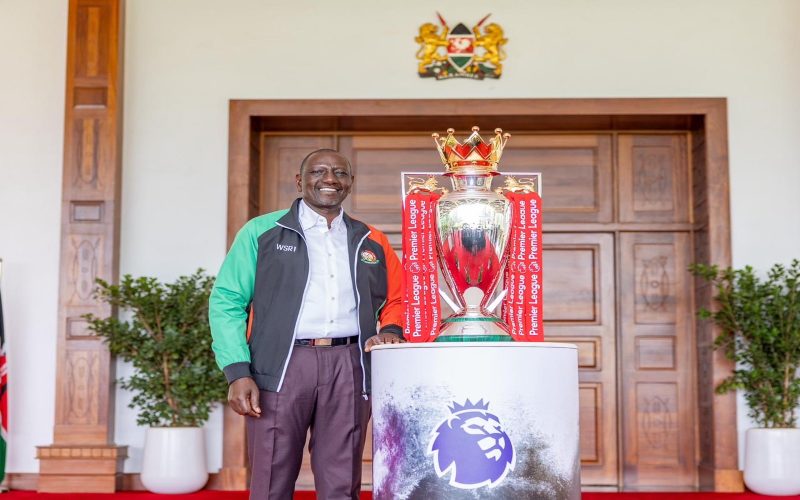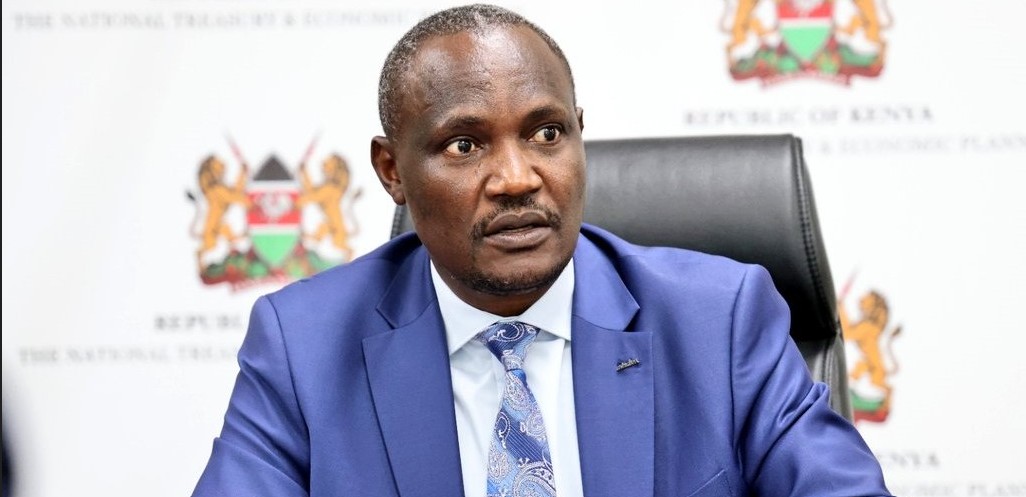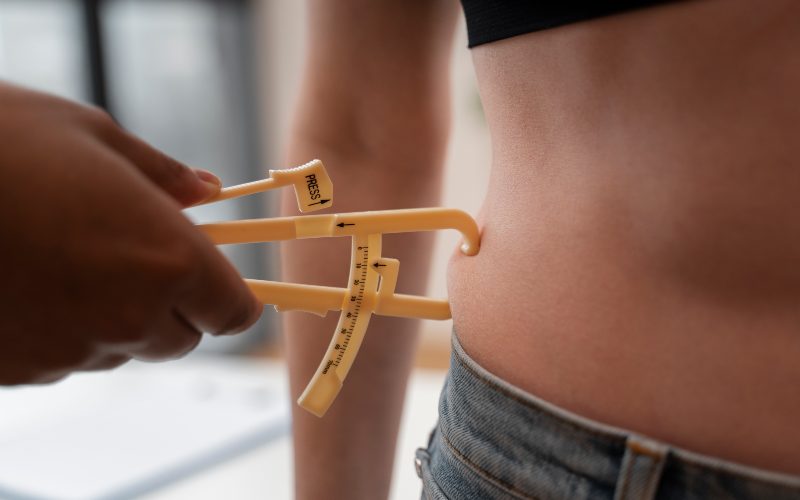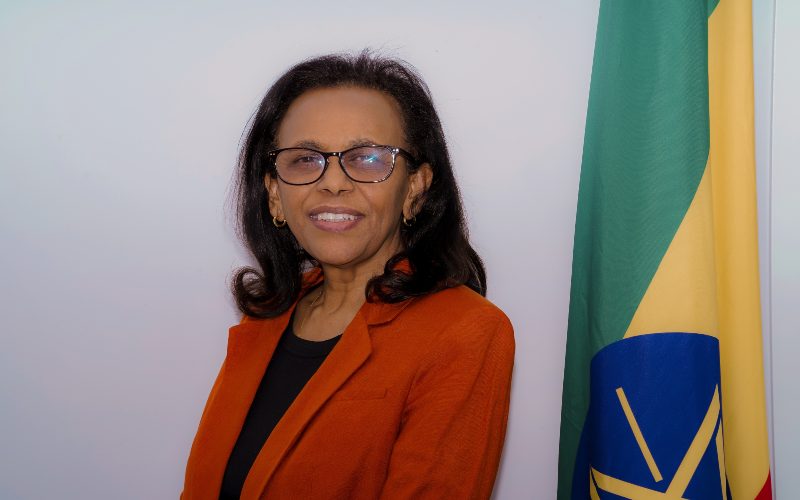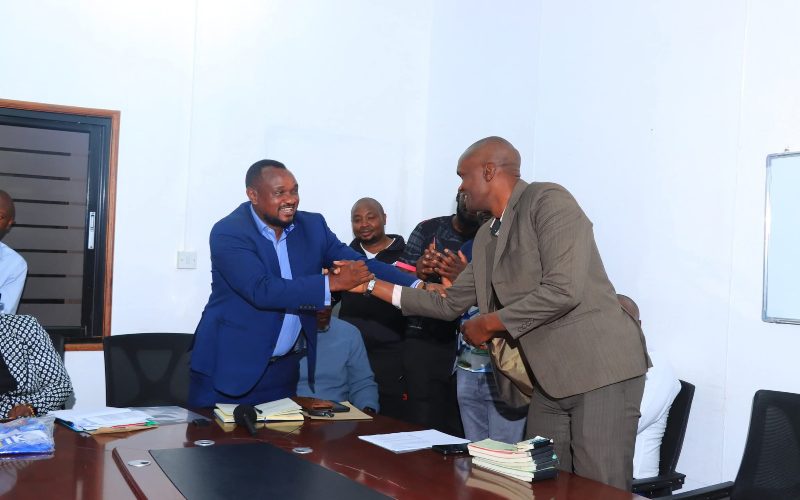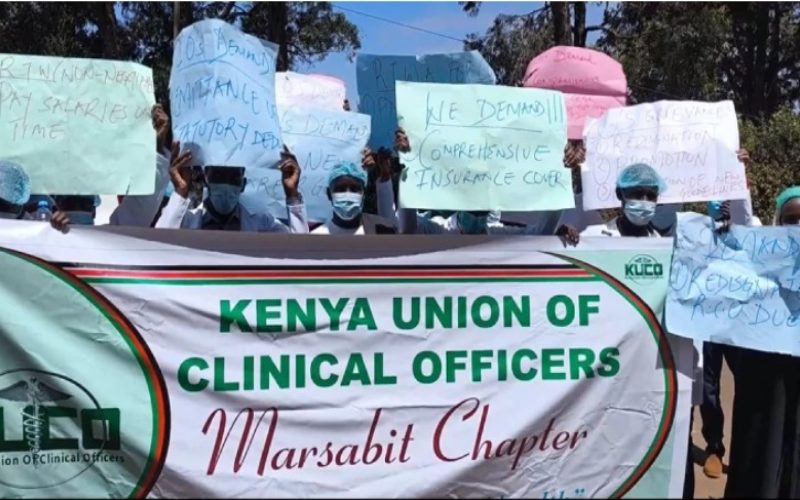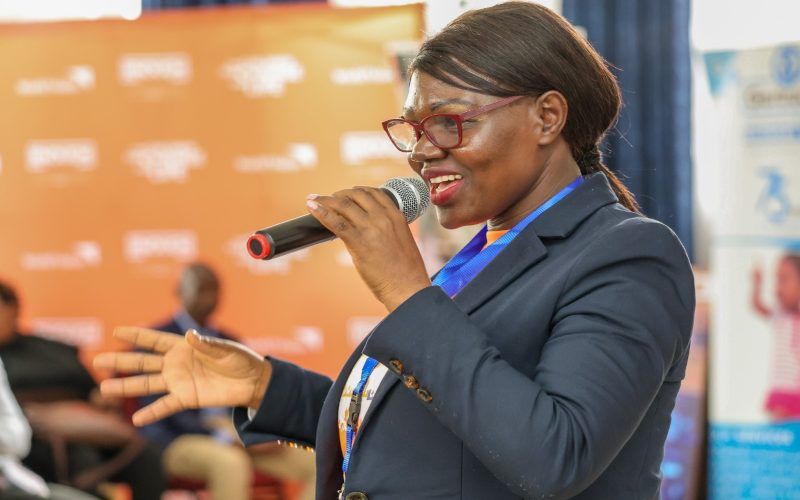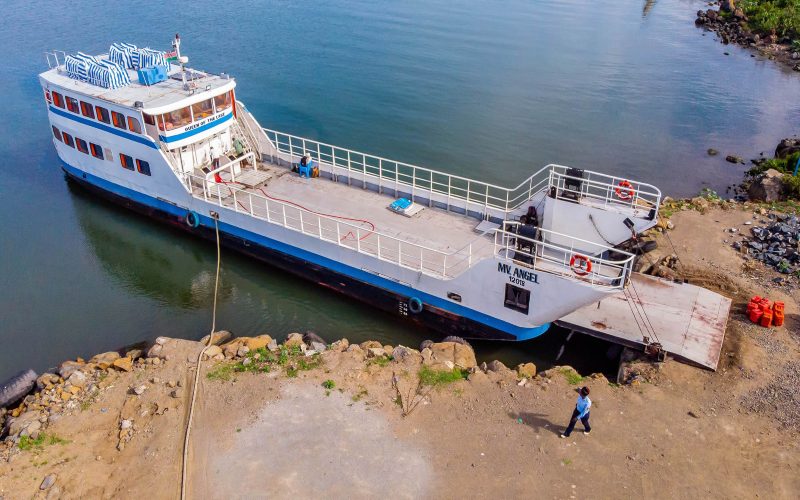UNHCR reports increase in GBV cases as Sudan conflict continues
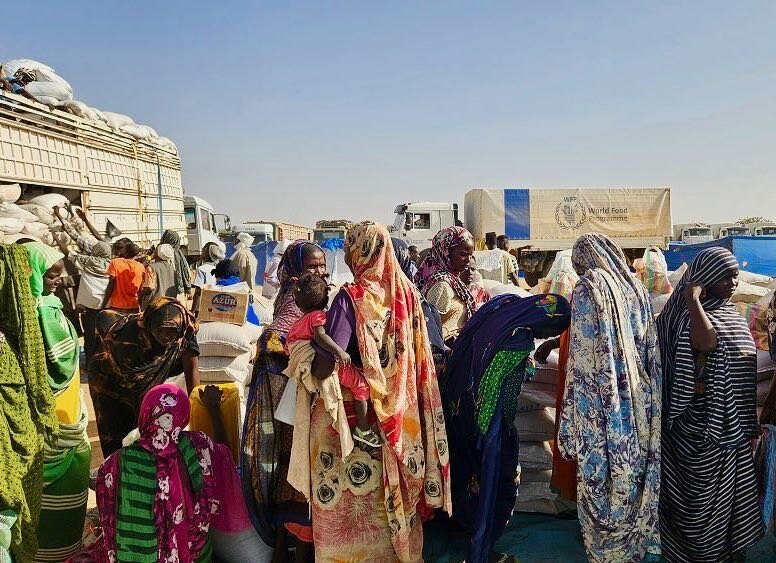
Attacks on anti-GBV service providers and frontline workers, including women-led organisations, have also been on the rise.
The United Nations High Commissioner for Refugees (UNHCR) has reported a sharp increase in gender-based violence (GBV) among displaced populations in Sudan and neighbouring countries.
Sudan has been struggling with a conflict between the army, led by General Abdel Fattah al-Burhan, and the paramilitary RSF forces, commanded by his former deputy, General Mohamed Hamdan Dagalo.
More To Read
- Over 30 million people in Sudan in need of humanitarian assistance: UN agencies
- IOM urges immediate aid as Khartoum returnees surpass one million
- Sudan’s El Fasher on brink of collapse as RSF siege traps thousands
- 95 people died from hunger, disease in Western Sudan's refugee camp during past 40 days: Volunteers
- Human Rights Coalition sounds alarm over war crimes in Sudan
- Harrowing tales of SGBV in North Darfur as Sudan's conflict rages
The UNHCR noted that the security situation remained dire, characterised by armed conflict, criminal activities, and communal tensions.
Titled 'Sudan Situation: Protecting Forcibly Displaced Women and Girls', the agency's report noted that GBV remains significantly underreported.
"Survivors face barriers to accessing services due to continued hostilities, volatile security, and flooding, as well as fear of stigma and retaliation," the agency said in a document released on Monday.
Multiple issues for women
The report further stated that women and children affected by the heightened risks of GBV made up 78 per cent of affected refugees.
It added that since December 2023, reports of conflict-related sexual violence, sexual slavery, trafficking, child and forced marriage, and the recruitment of boys by armed forces have surged.
"This volatile environment has dire consequences for women and girls, increasing their vulnerability to intimate partner violence, sexual exploitation, and harmful coping mechanisms."
Attacks on anti-GBV service providers and frontline workers, including women-led organisations, have also been on the rise.
Access to conflict-affected states has been limited, and there is a shortage of supplies and specialised GBV services.
Financial shortfalls have exacerbated the crisis, with the Refugee Response Plan for the Sudan Situation funded at only 20 per cent, and GBV prevention and response programming at a mere 16 per cent of the needed funds.
"National social services are weak and not present in all refugee emergency areas, and local civil society organisations are underfunded. Refugees, despite their resilience, lack access to basic necessities," said the refugee agency.
In addition, Sudanese refugees, particularly women, face significant risks while collecting firewood, often walking long distances and exposing themselves to physical and sexual assault.
The violence against women has also been compounded by a lack of clean drinking water, adequate shelter, and insufficient health facilities.
Corrective measures
To curb the vice, the UNHCR said it was working with partners to strengthen GBV response services, including health, psychosocial support, legal awareness, and referral to appropriate services.
It also said it was scaling up GBV response services to enhance engagement with community-based organisations. This includes providing cash assistance to GBV survivors and enhancing improved risk mitigation strategies.
The agency further reiterated the need for increased flexible contributions to quickly scale up emergency response efforts and meet the needs of refugees and internally displaced persons.
It also urged the international community to act swiftly to address the severe underfunding of GBV prevention and response programming to protect vulnerable women and girls in Sudan and neighbouring host countries.
As of June 2024, an alarming 7.1 million individuals had been internally displaced within Sudan due to ongoing conflict, with 219,503 refugees and asylum seekers of various nationalities, including South Sudanese, Ethiopian, and Eritrean.
"The situation has forced 1.9 million refugees, asylum seekers, and returnees to flee to neighbouring countries such as Egypt, Chad, the Central African Republic, South Sudan, and Ethiopia," the UNHCR said.
Top Stories Today
